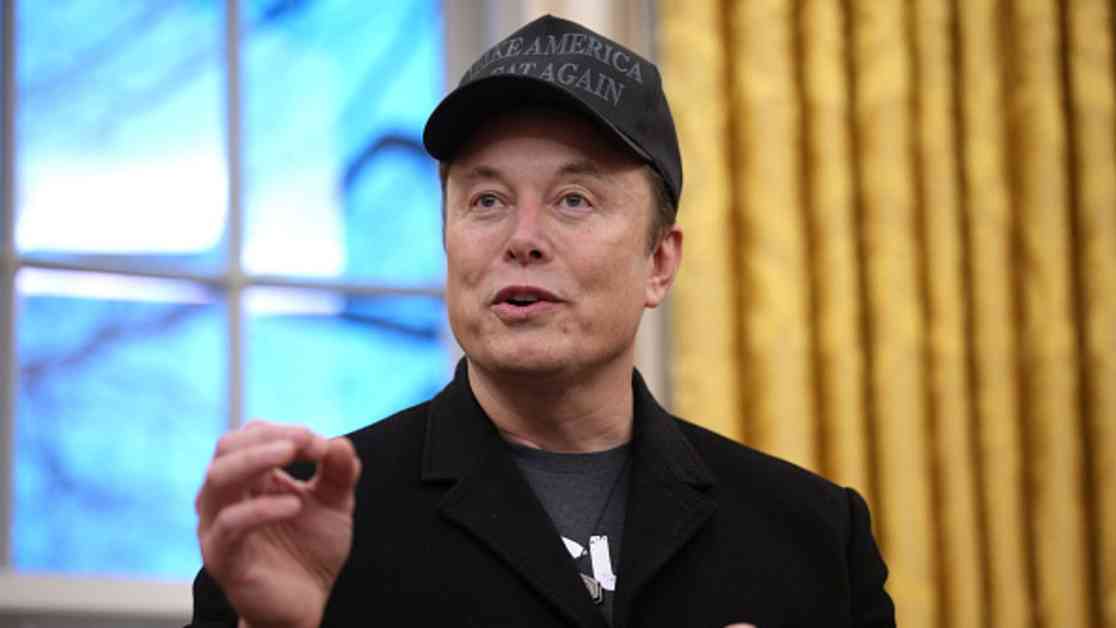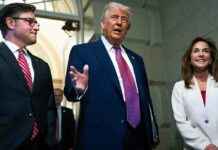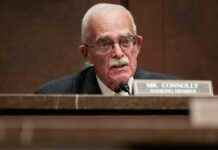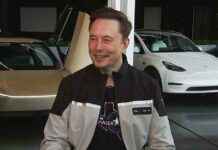Elon Musk Calls for Government Efficiency Overhaul
Tech mogul and visionary Elon Musk recently made headlines with his bold call for a radical overhaul of the U.S. government. Speaking at the World Governments Summit in Dubai, Musk emphasized the need to “delete entire agencies” in order to streamline operations, cut costs, and enhance efficiency. His remarks, delivered via video link, sparked a spirited debate about the future of governance in the digital age.
Musk, renowned for his groundbreaking work at Tesla, SpaceX, and X, drew parallels between bureaucratic inefficiencies and the growth of weeds. He likened the removal of entire agencies to uprooting weeds, stating that partial reforms are akin to pruning leaves without addressing the root cause. By advocating for a comprehensive approach to restructuring government institutions, Musk highlighted the importance of creating lasting change that transcends political administrations.
Championing Government Efficiency
As a special government employee appointed by President Donald Trump, Musk has spearheaded efforts to enhance government efficiency through the establishment of the Department of Government Efficiency (DOGE). This unprecedented move underscores Musk’s commitment to revolutionizing the traditional bureaucratic landscape and driving tangible results. By challenging the status quo and pushing for substantive reforms, Musk has positioned himself as a key player in reshaping the future of governance.
Musk’s ambitious vision extends beyond mere rhetoric, as he aims to achieve a $1 trillion reduction in the federal deficit by 2026 through targeted efficiency measures. His strategic approach to dismantling outdated agencies and reimagining government functions has garnered both praise and criticism from experts and policymakers. While some laud Musk’s innovative thinking and bold initiatives, others caution against hasty decisions that could have far-reaching consequences.
Implications of Structural Changes
The recent restructuring of USAID, a vital humanitarian and development agency, has raised concerns about the impact of abrupt changes on vulnerable populations worldwide. Musk’s decision to reorganize USAID under the State Department has triggered a wave of uncertainty and unrest among aid workers and beneficiaries. The implications of such structural shifts are profound, as millions of individuals in underserved regions stand to be affected by funding freezes and staff reductions.
Critics argue that the rapid dismantling of established agencies without adequate planning and consultation could lead to unintended consequences and exacerbate existing challenges. While Musk’s focus on efficiency and cost-cutting is commendable, the human cost of abrupt changes cannot be overlooked. Balancing the need for reform with a compassionate approach to governance remains a critical issue that requires thoughtful deliberation and stakeholder engagement.
In conclusion, Elon Musk’s call for government efficiency overhaul represents a pivotal moment in the evolution of governance and public administration. By challenging conventional norms and advocating for bold reforms, Musk has ignited a dialogue on the future of bureaucracy and accountability. As policymakers and citizens grapple with the implications of structural changes, the need for visionary leadership and inclusive decision-making becomes increasingly evident. Only time will tell whether Musk’s vision of a leaner, more efficient government will pave the way for lasting transformation and sustainable progress.

























